24 - 25 April, 2025
Hybrid Conference
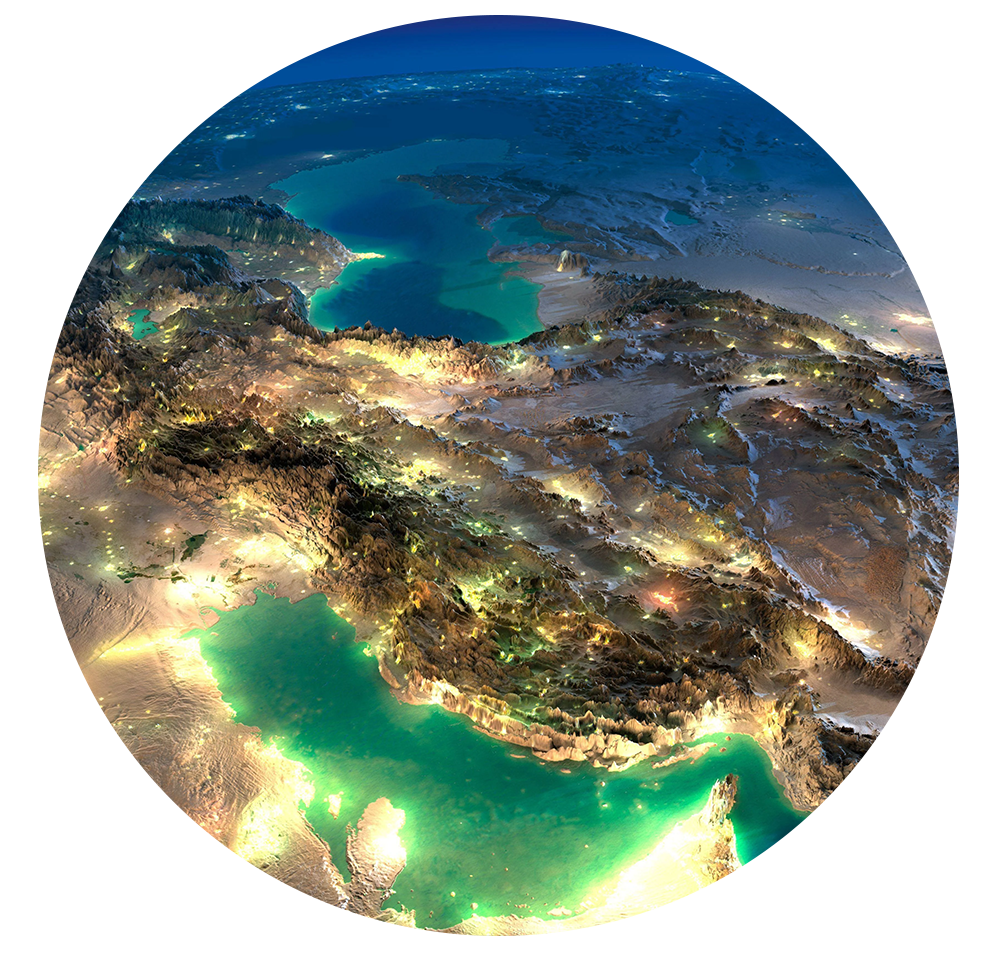


24 - 25 April, 2025
Hybrid Conference

24 - 25 April, 2025
Hybrid Conference

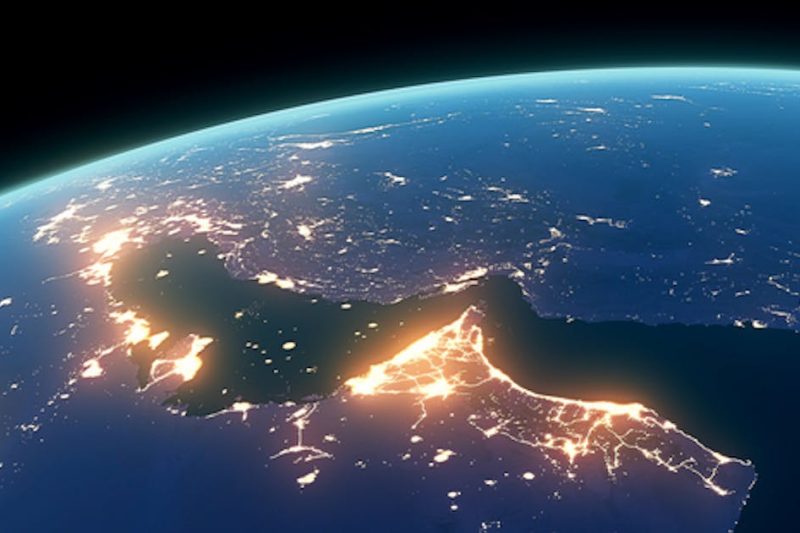
In an age defined by rapid technological advancements, interconnectivity, and geopolitical complexities, the world order is constantly being reshaped. Politically, socially, and economically, numerous developments and challenges have emerged, necessitating a comprehensive examination of their implications. The American University in Emirates is organizing the 3rd “International Arabian Gulf-Security Conference” (IAGSC) that aims to facilitate this exploration, providing a forum for researchers to present their work and exchange ideas on these critical issues.
One of the key challenges accentuated by the phenomenon of rapid urbanization is the growing complexity of security. As urban centers expand and populations concentrate within them, traditional security frameworks are being tested and strained. The conference recognizes this pressing reality and seeks to shed light on the multifaceted dimensions of security in an urbanized world. By doing so, we aspire to foster a deeper understanding of the emerging threats and vulnerabilities that confront us, while also identifying strategies and solutions to address them effectively.
With great pleasure and honor, we extend our warmest welcome to each, and every one of you to attend the 3rd (IAGSC) conference which serves as a crucial platform for researchers from around the globe to convene and engage in meaningful discussions regarding the ever-evolving landscape of global security.
Under the overarching theme of International Relations and International Law, the conference encourages participants to examine global affairs holistically, with a specific focus on the Arabian Gulf region. As a region of immense geopolitical significance and economic vitality, the Arabian Gulf presents a unique context for exploring the interplay between various actors, interests, and dynamics. It is within this context that we invite researchers to present their cutting-edge research, share their insights, and engage in rigorous debates that will contribute to a comprehensive understanding of the challenges and opportunities facing the region.
AUE is confident that this gathering of brilliant minds and diverse perspectives will foster an environment of intellectual stimulation, collaboration, and innovation. By harnessing our collective expertise and knowledge, we can strive towards a more secure and prosperous future for the Arabian Gulf and beyond.
1.1. Cybersecurity challenges in the Arabian Gulf
1.2. Terrorism and extremist ideologies in the region
1.3. Maritime security and piracy in the Arabian Gulf
1.4. Border security and transnational crime
1.5. Energy security and its implications on regional stability
1.6. Environmental security and the impact of climate change
1.7. Sectarian tensions and their implications for regional security
1.8. Disinformation campaigns and hybrid warfare in the digital age
1.9. Humanitarian crises and their security implications
1.10. Emerging geopolitical rivalries and their impact on regional security
2.1. Urban terrorism and the rise of urban warfare
2.2. Urban planning and security considerations
2.3. Policing and law enforcement in urban environments
2.4. Infrastructure resilience and security
2.5. Surveillance technologies and their impact on urban security
2.6. Urban social unrest and its implications for security
2.7. Cybersecurity challenges in smart cities
2.8. Urban migration and its security implications
2.9. Informal settlements and their impact on security
2.10. Urban resilience and community-based approaches to security
3.1. Economic disparities and their impact on security in the region
3.2. Youth unemployment and its implications for social stability
3.3. Social inclusion and its role in radicalization prevention
3.4. Education and human capital development for enhanced security
3.5. Role of the private sector in promoting socio-economic stability
3.6. Poverty alleviation and its impact on security
3.7. Healthcare and public health challenges in the Arabian Gulf
3.8. Social media and its influence on social cohesion and security
3.9. Migration and its socio-economic implications for the region
3.10. Sustainable development goals and their link to regional security
4.1. Artificial intelligence and its impact on security operations
4.2. Biometric technologies and their role in border security
4.3. Surveillance technologies and privacy concerns
4.4. Cybersecurity challenges in the era of digital transformation
4.5. Drones and their implications for regional security
4.6. Space technologies and their significance for regional security
4.7. Quantum computing and its impact on encryption and security
4.8. Big data analytics and intelligence gathering in the Arabian Gulf
4.9. Emerging technologies and their potential for dual-use applications
4.10. Ethical considerations in the development and deployment of security technologies
5.1. Foreign policy dynamics in the Arabian Gulf
5.2. Regional cooperation and security alliances
5.3. Non-state actors and their influence on regional dynamics
5.4. Gulf states’ relations with global powers
5.5. Energy geopolitics and its impact on regional relations
5.6. Soft power and public diplomacy in the Arabian Gulf
5.7. Arms race and military buildup in the region
5.8. Diplomatic negotiations and conflict resolution in the Arabian Gulf
5.9. Economic interdependence and its implications for regional stability
5.10. Gulf states’ role in regional and global governance structures
6.1. Oil and gas markets in the Arabian Gulf: trends and challenges
6.2. Energy infrastructure security and resilience
6.3. Geopolitical implications of energy dependence in the region
6.4. Energy diversification strategies and their impact on security
6.5. Cyber threats to critical energy infrastructure
6.6. Energy-water nexus and its security implications
6.7. Energy cooperation and interdependence among Gulf states
6.8. Renewable energy and its role in enhancing energy security
6.9. Economic diversification and its impact on regional security
6.10. The role of international actors in securing energy resources in the Arabian Gulf
7.1. Maritime law and the protection of sea lanes
7.2. State sovereignty and territorial disputes in the Arabian Gulf
7.3. The role of international organizations in maintaining regional security
7.4. Human rights and security in the Arabian Gulf
7.5. Arms control and nonproliferation efforts in the region
7.6. International legal frameworks for counterterrorism and extremism
7.7. Refugee protection and the impact on regional security
7.8. Protection responsibility and intervention in the Arabian Gulf
7.9. Legal aspects of cybersecurity and information warfare
7.10. The impact of international law on regional security agreements and treaties
8.1. Historical conflicts and their impact on regional security
8.2. Mediation and Diplomacy in the Arabian Gulf
8.3. Track II diplomacy and its role in promoting peace
8.4. Peacekeeping operations and their effectiveness in the region
8.5. Reconciliation and transitional justice in post-conflict settings
8.6. Women’s role in peacebuilding and conflict resolution
8.7. Regional and international efforts to promote peace in the Arabian Gulf
8.8. De-escalation mechanisms and confidence-building measures
8.9. Role of civil society in peacebuilding and conflict prevention
8.10. Lessons learned from successful peace processes in the region
9.1. Gulf Cooperation Council (GCC) and its role in regional security
9.2. Bilateral and multilateral defense cooperation among Gulf states
9.3. Joint military exercises and their impact on Interoperability
9.4. Intelligence sharing and counterterrorism cooperation in the region
9.5. Maritime security initiatives and naval cooperation
9.6. Role of regional organizations in promoting security alliances
9.7. Arms procurement and defense industry collaboration in the Gulf
9.8. Border security cooperation and information exchange
9.9. Cybersecurity collaboration among Gulf states
9.10. Lessons learned from successful regional security alliances in other parts of the world
10.1. Emerging technologies and their impact on future security challenges
10.2. Climate change and its implications for regional security
10.3. Demographic changes and their influence on security dynamics
10.4. Hybrid warfare and the blurring of traditional security boundaries
10.5. Disruptive geopolitical shifts and their consequences for the region
10.6. Future scenarios for conflict and stability in the Arabian Gulf
10.7. Role of artificial intelligence and automation in security operations
10.8. Non-traditional security threats and their potential escalation
10.9. Role of civil-military cooperation in addressing future security challenges
10.10. Anticipating and preparing for future security risks in the Arabian Gulf
| Title | Date |
| Abstract Submission Deadline (Third Round) | 15 Mar 2025 |
| Last Notification for Abstract Acceptance & Approval to present | 31 Mar 2025 |
| Early Payment Deadline | 15 Jan 2025 |
| Extended Abstract / Short Paper Submission Deadline | 12 Apr 2025 |
| Regular Payment Deadline | 15 Feb 2025 |
| Notification of acceptance/ rejection of submitted extended abstract/ short paper | 17 Apr 2025 |
| Late Payment Deadline | 12 Apr 2025 |
| Conference Program | 20 Feb 2025 |
| Conference Launch | 24 April 2025 |
| Registration Type | Participation Fees |
| Early Bird Fees | 250 USD |
| Author Fees | 300 USD |
| Student Fees | 100 USD |
| Virtual – Regular Fees | 250 USD |
| Virtual Co-author- Audience | 100 USD |
| Virtual Student Fees | 50 USD |
| Co-author/attendance Fees | 200 USD |
| Virtual Early Bird Fees | 200 USD |
All accepted papers submitted to IAGSC 2025 after the double-blinded peer-review process will be considered for publication as part of an edited volume, in IEREK’s Scopus-Indexed interdisciplinary Book Series entitled “Advances in Science, Technology and Innovation” (ASTI) published by Springer.
Advances in Science, Technology & Innovation (ASTI) is a series of peer-reviewed books based on important emerging research that redefines the current disciplinary boundaries in science, technology and innovation (STI) in order to develop integrated concepts for sustainable development. It not only discusses the progress made towards securing more resources, allocating smarter solutions, and rebalancing the relationship between nature and people, but also provides in-depth insights from comprehensive research that addresses the 17 sustainable development goals (SDGs) as set out by the UN for 2030. The ASTI series presents innovative approaches and highlights how they can best support both economic and sustainable development, through better use of data, more effective institutions, and global, local and individual action, for the welfare of all societies.
The series particularly features conceptual and empirical contributions from various interrelated fields of science, technology and innovation, with an emphasis on digital transformation, that focus on providing practical solutions to ensure food, water and energy security to achieve the SDGs. It also presents new case studies offering concrete examples of how to resolve sustainable urbanization and environmental issues in different regions of the world. The series is intended for professionals in research and teaching, consultancies and industry, and government and international organizations. Published in collaboration with IEREK, the Springer ASTI series will acquaint readers with essential new studies in STI for sustainable development.
Link to the ASTI: https://www.springer.com/series/15883
Editorial Board: https://www.springer.com/series/15883?detailsPage=free
ASTI Video: https://www.youtube.com/watch?v=Gg7PKjn4dMY
![]() IEREK Press Journals, a multidisciplinary publisher that aims to cultivate and disseminate research.
IEREK Press Journals, a multidisciplinary publisher that aims to cultivate and disseminate research.
AUE maintains a strict policy against plagiarism, considering it fraudulent to copy or take the ideas and work of other authors without proper permission and credit. The reviewing committee and AUE employees hold the authority to reject a paper during its review process based on identified instances of minor or major plagiarism.
Authors are required to adhere to the following instructions when submitting their abstracts/papers:
Step 1: Abstract Submission Process
Step 2.1: Abstract Acceptance
Step 2.2: Full Paper Submission
Authors not interested in publishing an extended abstract in the proceedings can inform conference support ([email protected]).
To download the conference paper template Click here
By Plane
Dubai is served by two major airports: Dubai International Airport (DXB) and Al Maktoum International Airport (DWC). Both airports offer international flights operated by airlines like Emirates, Etihad Airways, and Qatar Airways. Upon arrival, taxis, private cars, or the Dubai Metro can take you to the city center.
By Car
Dubai is well-connected by highways, making it accessible by car from neighboring Emirates. Routes from Abu Dhabi, Sharjah, and other cities lead into the city. Rental car services are available at airports and within the city for added convenience.
By Public Transportation
Dubai’s efficient public transportation includes the Dubai Metro, covering key areas like Dubai Marina and Downtown Dubai. The extensive bus network operated by the Roads and Transport Authority (RTA) connects various attractions and residential areas within the city. Inter-city travel is facilitated by long-distance buses connecting Dubai to other Emirates.
Your Visit to Dubai
The United Arab Emirates, a federation of seven emirates, boasts a thriving economy and modern infrastructure, making it an ideal destination for the upcoming conference at the American University in the Emirates (AUE). Explore the wonders of Dubai and Abu Dhabi, both rich in history, architecture, and cultural experiences.
Dubai Attractions:
1. Burj Khalifa:
– Witness breathtaking views of the city from the world’s tallest building, featuring observation decks that offer a panoramic perspective.
2. Palm Jumeirah:
– Experience the luxury of this man-made palm tree-shaped island, featuring resorts, villas, and an array of dining and entertainment options.
3. Burj Al Arab:
– Admire the iconic, sail-shaped hotel known for its luxury. While you may not stay there, explore its renowned restaurants and bars.
4. Dubai Marina:
– Explore the stunning canal city with restaurants, shops, and entertainment options. Enjoy a boat tour or a leisurely walk along the picturesque promenade.
5. Dubai Fountain:
– Witness the mesmerizing water dances illuminated by lights outside the Burj Khalifa and Dubai Mall.
6. Jumeirah Beach:
– Relax on the beautiful public beach with white sands and clear blue waters, providing a tranquil escape from the city’s hustle and bustle.
7. The Dubai Miracle Garden:
– Marvel at the vibrant displays of colorful flowers in this breathtaking garden, especially enchanting during the cooler months.
8. Dubai Opera:
– Experience world-class performances in this architectural gem, showcasing opera, ballet, and concerts.
9. Ski Dubai:
– Enjoy winter sports in the Mall of the Emirates at this indoor ski resort, a unique desert experience.
10. Al Fahidi Historic District (Al Bastakiya):
– Explore Dubai’s historic district with narrow lanes, traditional wind-tower architecture, art galleries, and museums.
Enhance your conference experience at AUE by delving into the diverse attractions and cultural marvels Dubai has to offer.
Participating in conferences can be highly advantageous, particularly on a professional level. Such events bring together individuals actively promoting innovative ideas, fostering an environment that enriches your knowledge and significantly impacts your career.
Key Conference Advantages:
Open Dialogues:
Engage in open discussions with leading academic scientists, sharing experiences and research findings across various fields. Interact with researchers from different universities and countries, learning from experts in your field. This presents a valuable opportunity to delve deeper into your area of expertise and gain inspiration for your own research endeavors.
Internationally Recognized Certification:
Participants receive internationally recognized certificates, enhancing their credentials and serving as valuable additions to their professional experience. These certificates can be submitted to relevant authorities as needed.
Publication Opportunities:
Conference proceedings are published as book chapters in reputable book series such as the ASTI series by “Springer.”
Exploration of Research Technologies:
Conferences offer a platform to showcase and explore new technologies relevant to your research. Attendees can test these technologies, share teaching tools, and acquire samples of textbooks, contributing to the expansion of their research resources.
Networking Opportunities:
Conferences facilitate networking opportunities, increasing the likelihood of collaboration in future projects. Engaging with esteemed professors allows you to discuss the latest research projects and establish connections within the academic community.
Academic Standing Enhancement:
Active participation in multiple conferences establishes your presence in academic circles, enhancing your academic reputation. This involvement reflects positively on your Curriculum Vitae, demonstrating your commitment as an active member of the academic community.
Conference Proceedings Material:
Delegates can choose to receive conference proceedings in either hardcover or digital format on a CD. The CD includes proceedings from previous conferences in the series. Additionally, all conference papers are archived online in the AUE E-Library, providing immediate and permanent accessibility to the global scientific community.
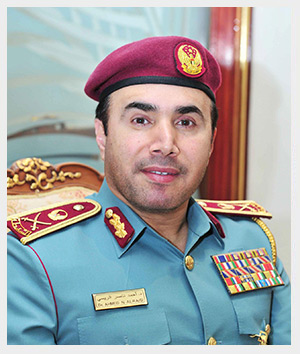
President of INTERPOL & Chairman of the Board of Trustees

Opening Address
Chairman of Sharjah Consultative Council & Former UAE Minister of Climate Change and Environment

Opening Remarks
AUE President and CEO
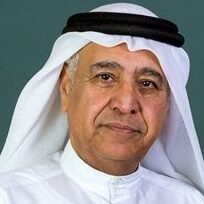
Greeting Remarks
Deputy Chairman of the AUE Board of Trustees

Welcome Remarks
AUE Provost
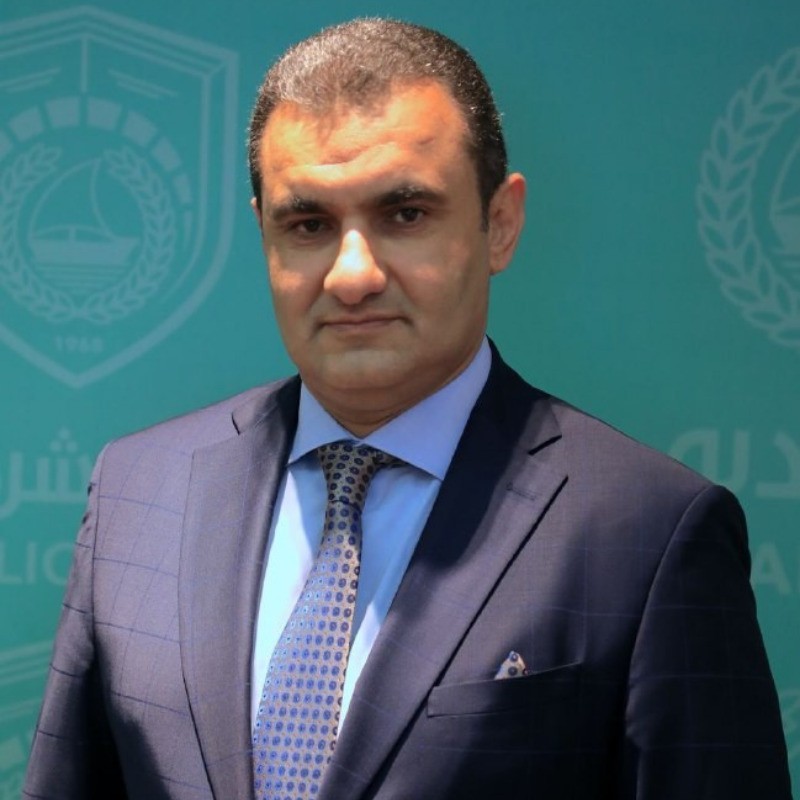
Head of Police Administration Department, Dubai Police Academy

Visiting professor Charles University, Pargue – Deputy Director of the Institute for Political Studies of Serbia

Head of the Department of History, Politics and International StudiesNeapolis University Pafos, Cyprus – CEO and Founder Strategy International Ltd
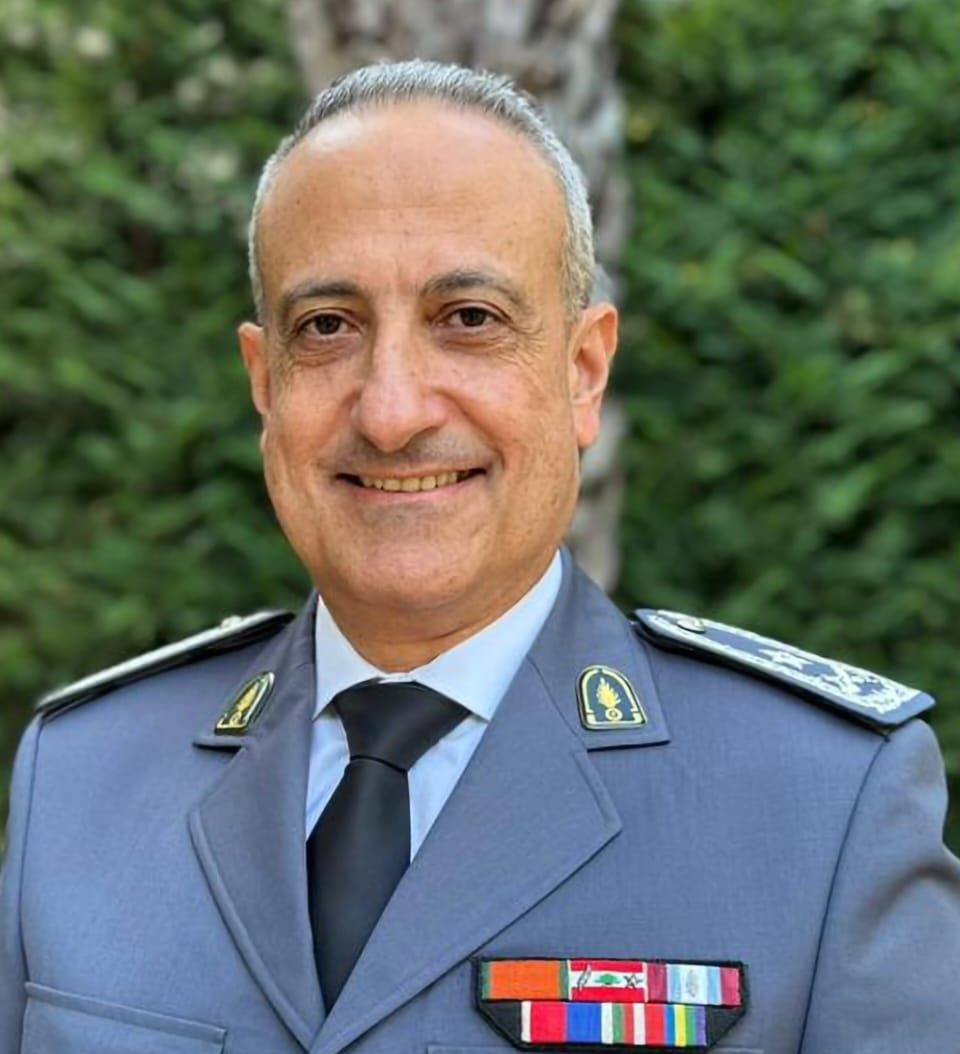
Commander of the Social Services Unit, Member of the Council of Command at ISF, Lebanon

Professor at the Department of Journalism, Media and Communication at Daffodil International University in Dhaka, Bangladesh
Vice President for Research at the American University in the Emirates

Dean, College of Security and Global Studies at the American University in the Emirates

Research Conferences and Intellectual Engagement Director at the American University in the Emirates


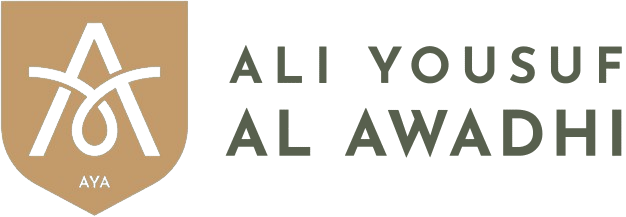

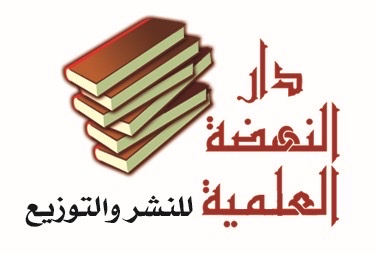
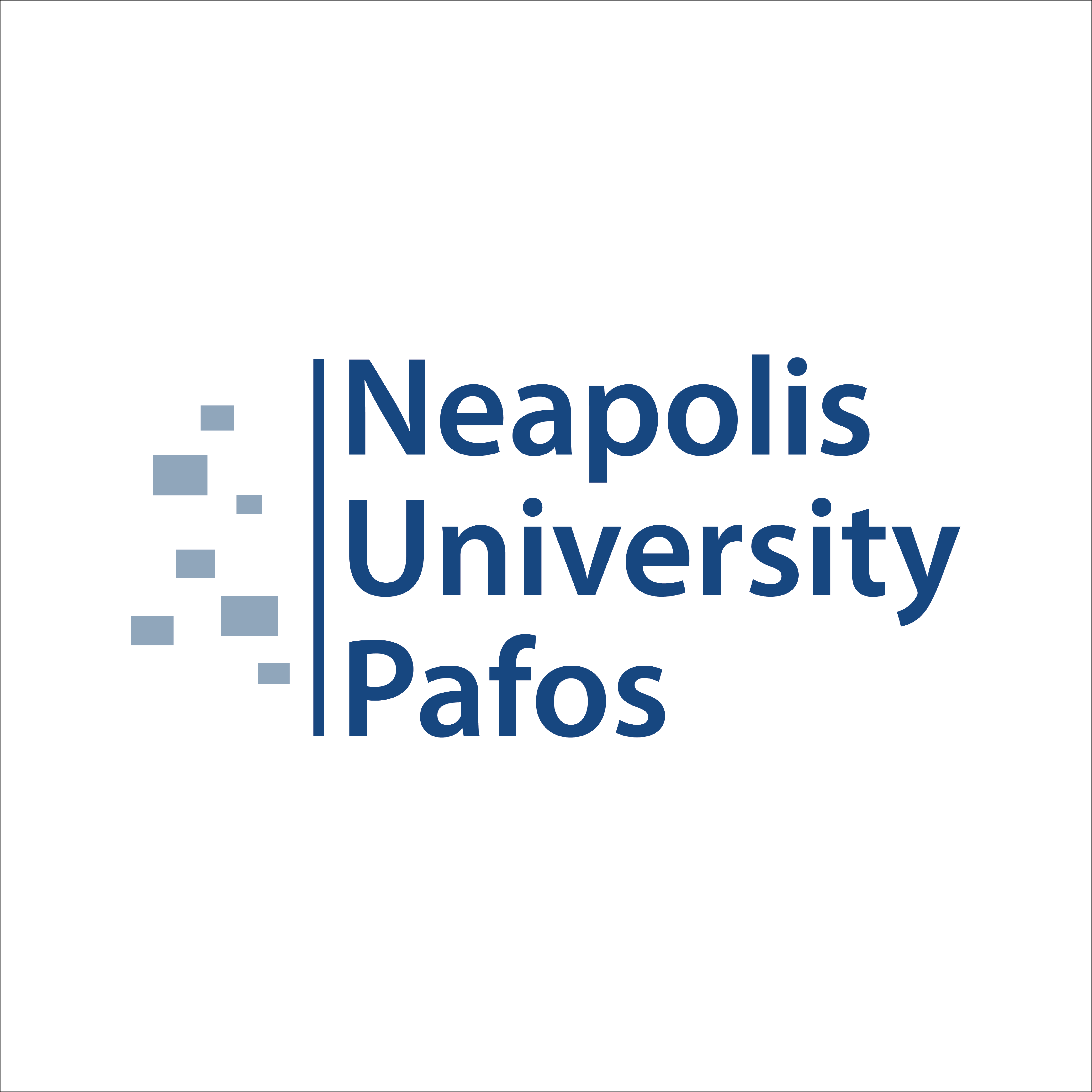
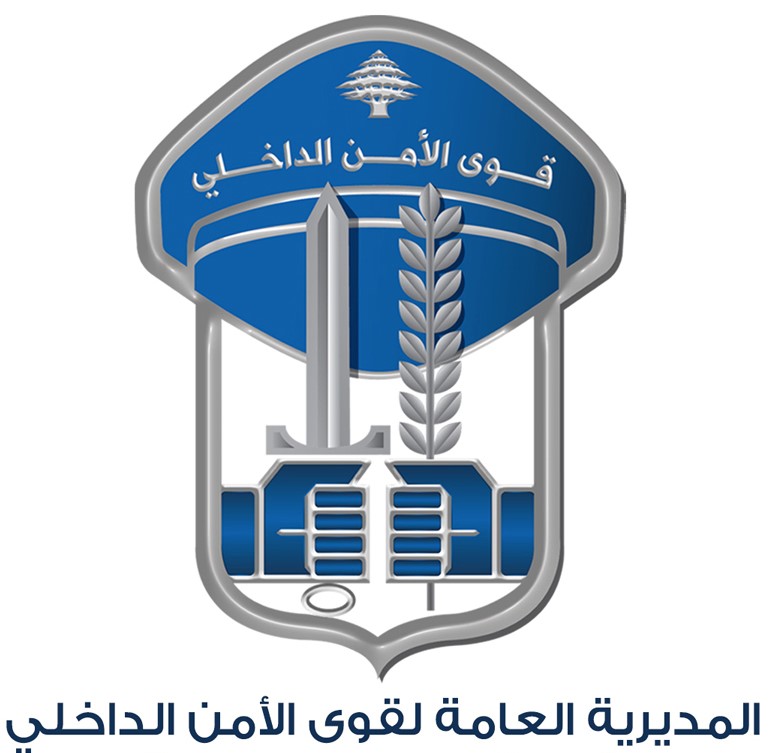
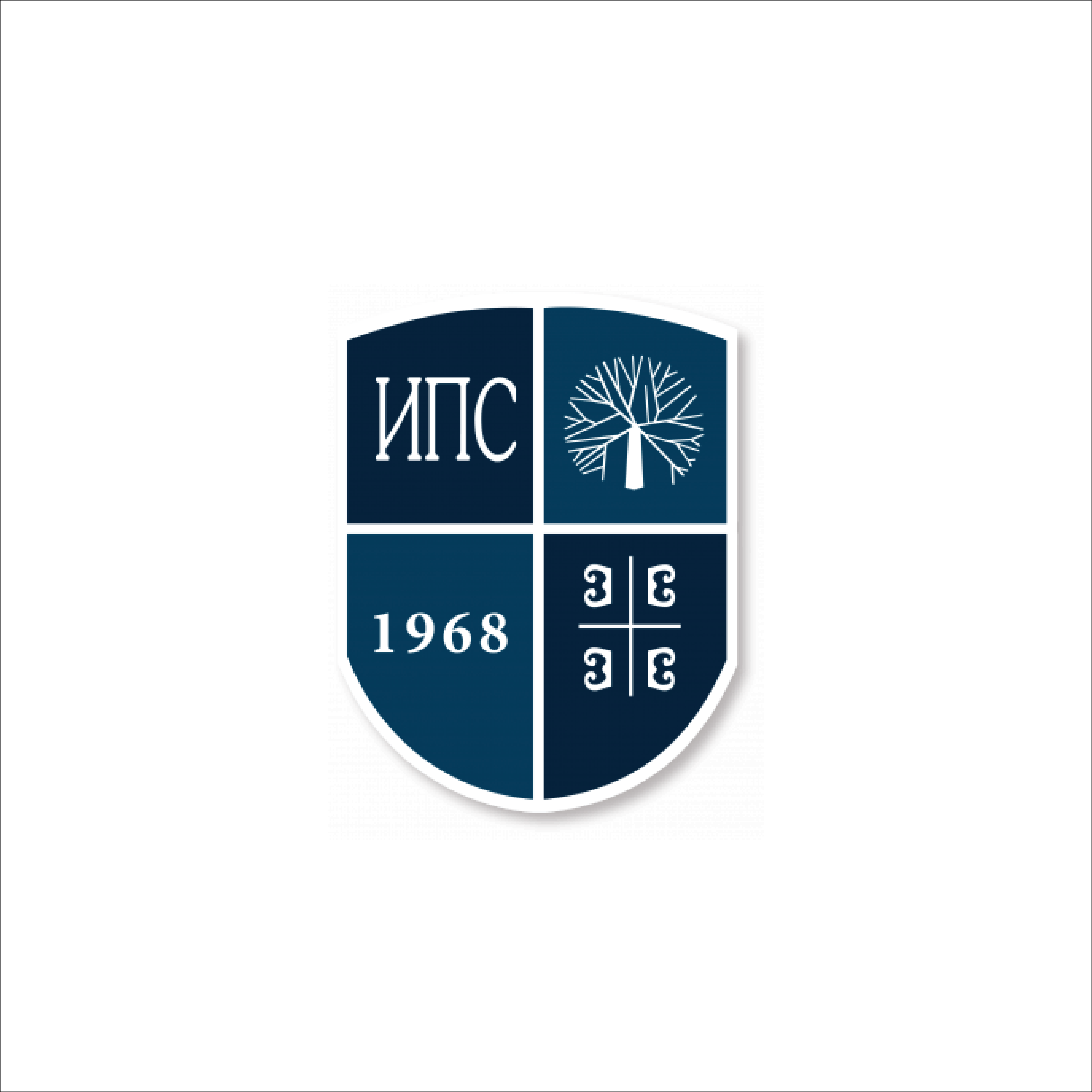
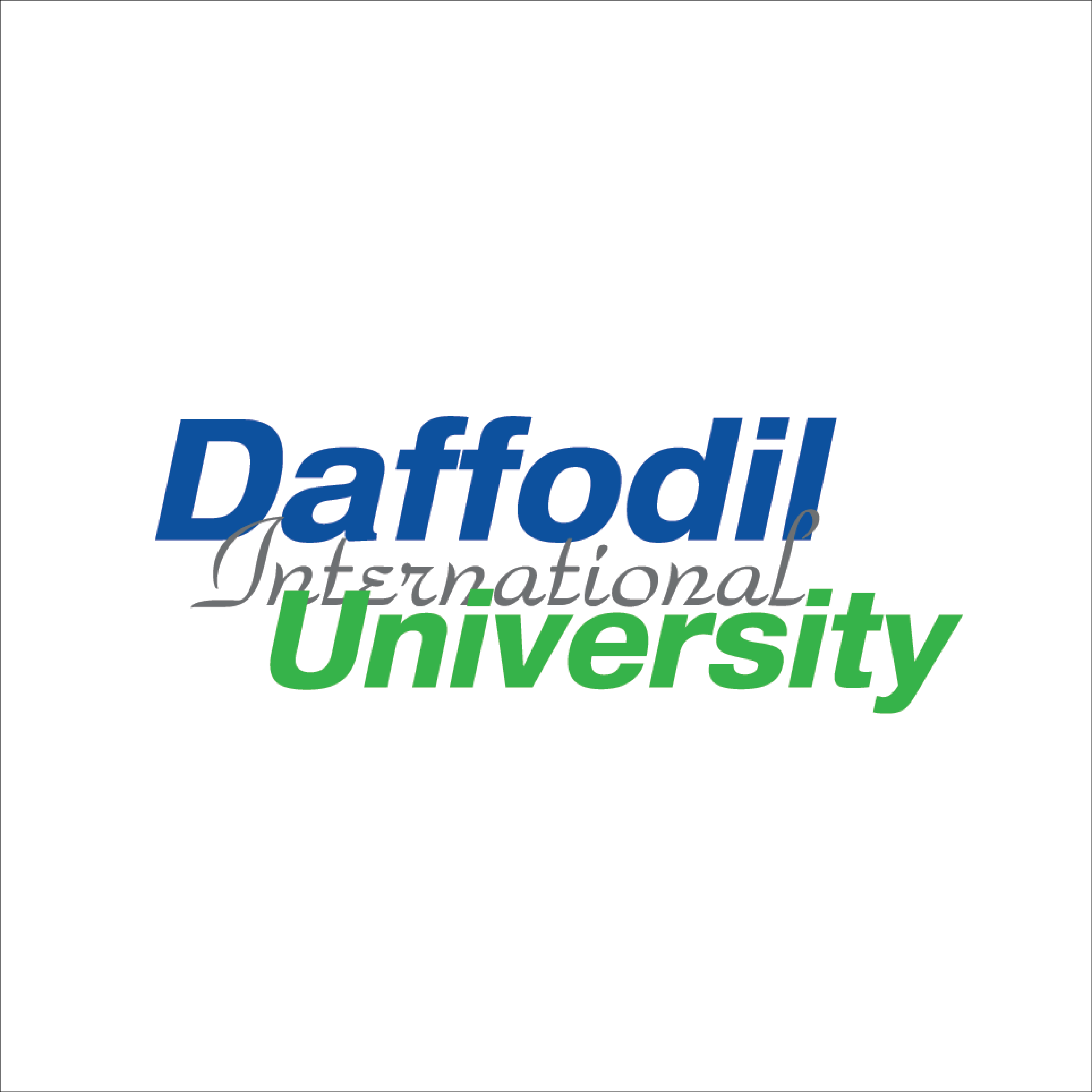
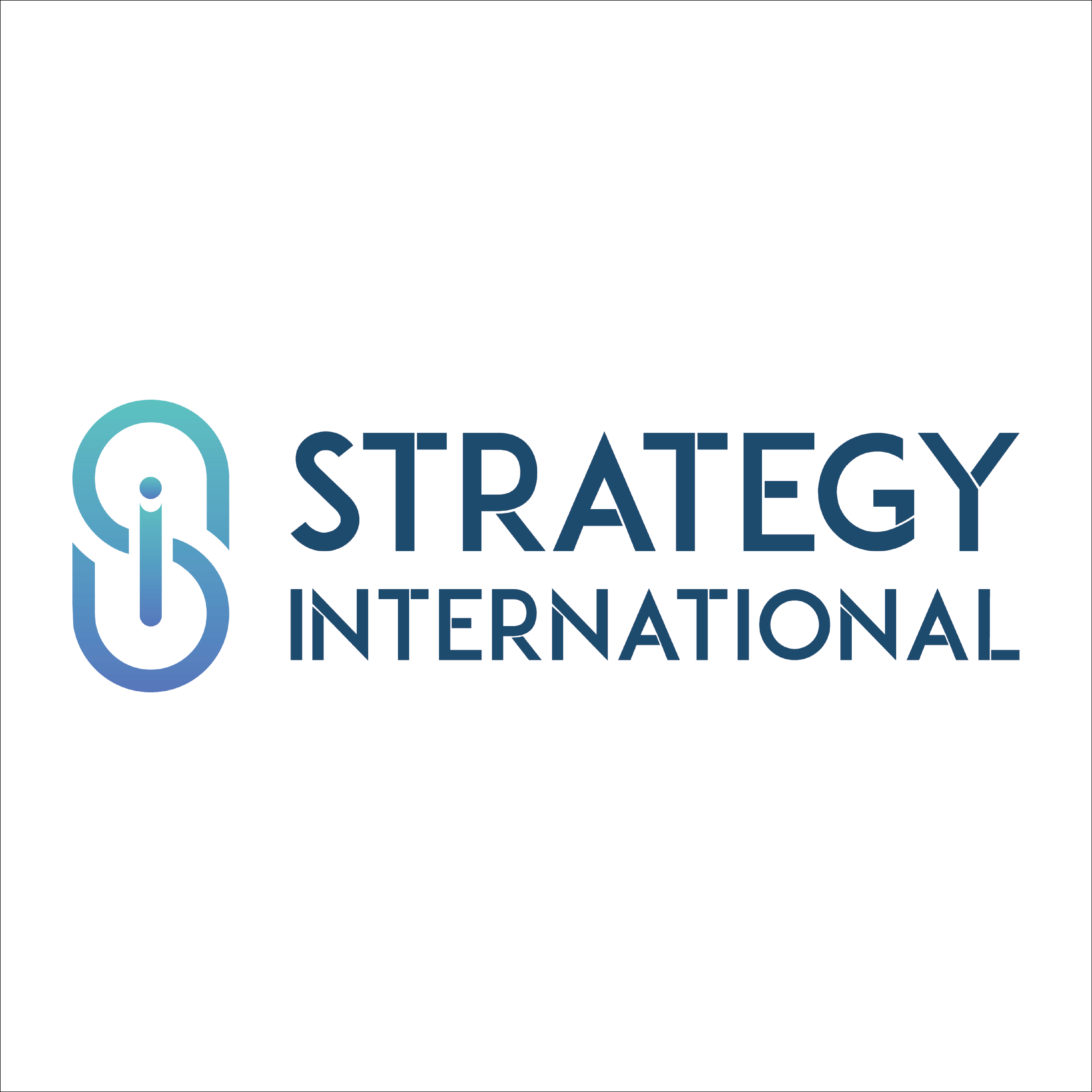
A: No, the research is needed in case you are attending as an author, if you are attending as an audience member, then you do not need to submit a research paper.
A: To submit an abstract you need to follow these steps:
A: To pay the author’s fees please follow these steps:
A: The paper has to undergo the revision process first, and after the acceptance, you have to pay the conference and publication fees so we may send you the official and final acceptance letter.
December 10, 2024
December 11, 2024
New membership are not allowed.